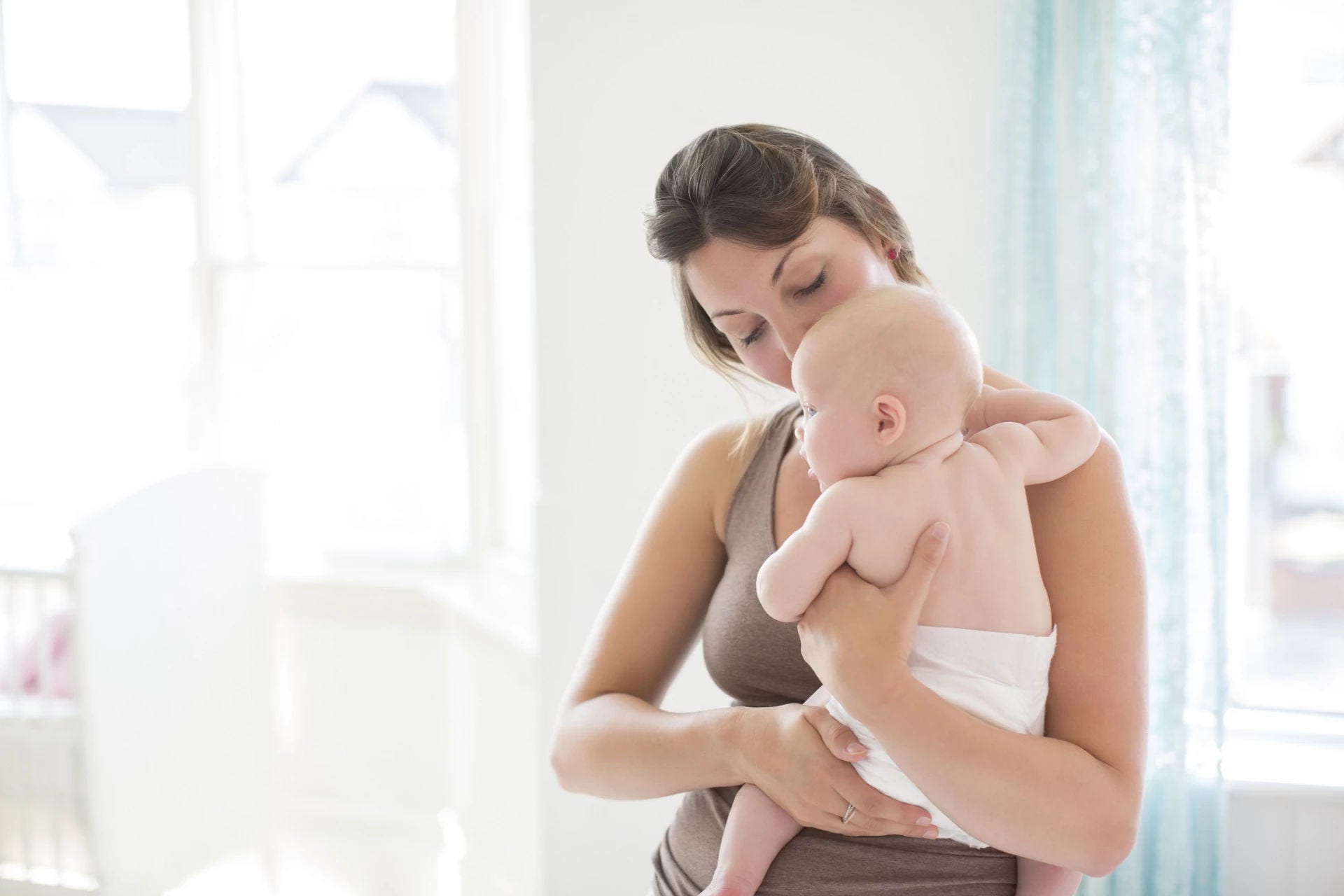Our specialist baby advisors and experienced mums are here to talk and ready to help whenever you need them.
More on premature birth
Baby topics
Any more questions?
Ask us a question (8am - 8pm Mon-Fri, 10am - 5pm Weekends)
Email us
Send us an email (8am-8pm Mon-Fri, 10am-5pm Sat)
Call Us
Call us on 1800 570 570 (8am-8pm Mon-Fri, 10-5pm Sat)
FAQs
For all the latest information



?ts=1756797099424&dpr=off)







